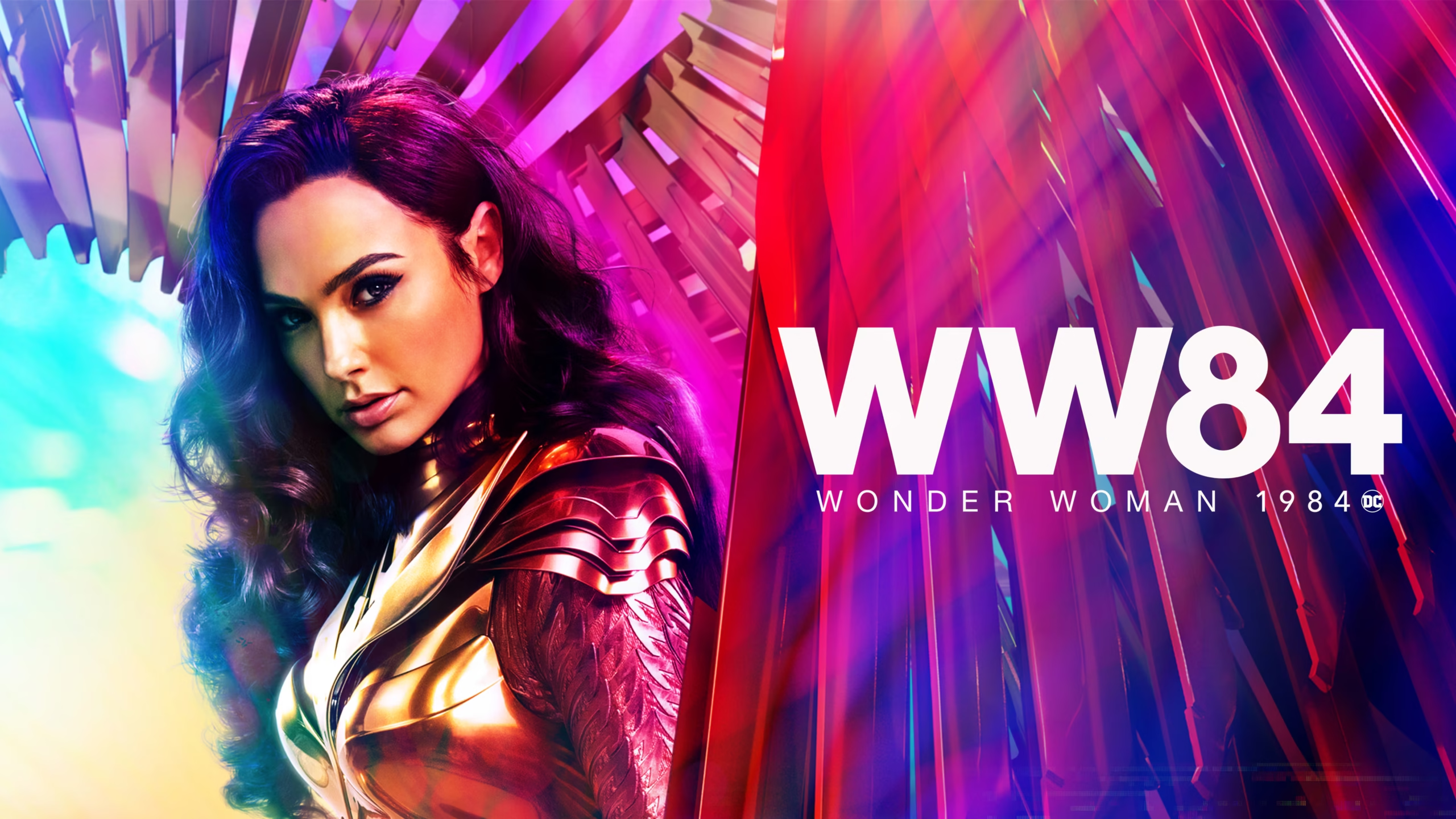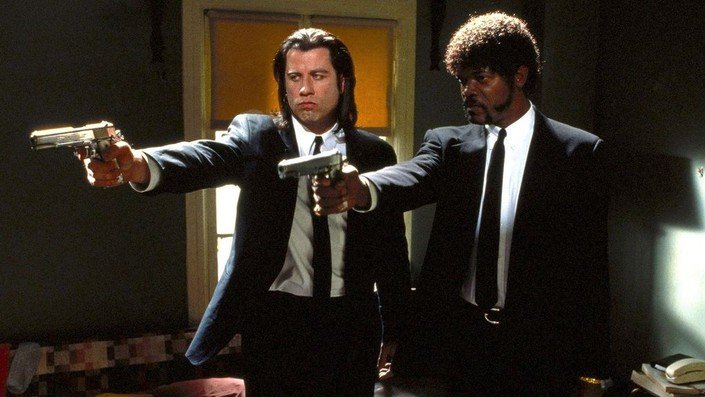
In the highly anticipated sequel to the 2017 blockbuster Wonder Woman, director Patty Jenkins once again invites us to explore the captivating world of Diana Prince, the iconic Amazon warrior known as Wonder Woman. Wonder Woman 1984 takes us on a profound journey, delving deeper into the complexities of the human experience and the power of compassion to overcome the temptations of greed and selfishness.
The film’s central theme revolves around Diana’s unwavering sense of justice and her ability to navigate the nuances of the human condition with grace and understanding. Unlike the first film, which focused on Diana’s origin story and her confrontation with the horrors of war, this sequel challenges her to confront a more insidious threat – the allure of unchecked desires and the consequences they can have on the world around her.
The premise introduces us to the new characters and conflicts that Diana must navigate. Kristen Wiig’s portrayal of Barbara Minerva, a meek and insecure museum curator who transforms into the powerful and dangerous Cheetah, serves as a foil to Diana’s unwavering moral compass. Meanwhile, Pedro Pascal’s Max Lord, a charismatic and manipulative businessman, represents the temptation of unchecked power and the dangers of prioritizing individual desires over the greater good.
Exploring the Duality of Solitude and Companionship
One of the film’s most compelling themes is the exploration of solitude and its impact on the human experience. Diana has spent the past 66 years since the events of the first film living in relative isolation, having lost her beloved Steve Trevor (Chris Pine) and grappling with the weight of her immortality. This solitude, by choice, stands in stark contrast to the loneliness experienced by Barbara, who feels ostracized and overlooked in her own life.
The film delves into the nuances of these two very different forms of solitude, highlighting how they shape the characters’ perspectives and motivations. Diana’s solitude, while a burden, has also granted her a deeper understanding of the human condition and the importance of compassion. In contrast, Barbara’s loneliness fuels her resentment and desire for power, leading her down a path of self-destruction.
As the story unfolds, the film explores the interplay between solitude and companionship, and how the choices we make can either empower or consume us. Diana’s journey is marked by her ability to forge meaningful connections, even in the face of overwhelming odds, while Barbara’s descent into darkness is a cautionary tale of the dangers of unchecked ambition and the pursuit of personal gratification at the expense of others.
The Power of Compassion and Understanding
At the heart of Wonder Woman 1984 lies the enduring theme of compassion and its transformative power. Diana’s unwavering sense of justice is not rooted in anger or arrogance, but in a deep understanding and empathy for the flaws and weaknesses of humanity.
This compassionate approach is a defining characteristic of Diana’s heroism, setting her apart from the more traditional superhero archetypes. Rather than resorting to brute force or retribution, Diana seeks to understand the motivations and struggles of those around her, even her adversaries. This nuanced perspective allows her to navigate the complexities of the human condition with a level of wisdom and grace that is both inspiring and thought-provoking.
The film’s exploration of compassion is particularly relevant in today’s world, where divisiveness and self-interest often seem to take precedence over empathy and understanding. By highlighting Diana’s ability to see the humanity in even the most flawed individuals, the film encourages us to reflect on our own biases and preconceptions, and to strive for a more compassionate and inclusive worldview.
The Challenges of Balancing Idealism and Realism
Wonder Woman 1984 grapples with the delicate balance between idealism and realism in the superhero genre. While the film’s primary goal is to provide a sense of hope and inspiration, it also acknowledges the complexities and nuances of the human experience.
The film’s director, Patty Jenkins, has demonstrated in her previous work a keen understanding of how to blend the fantastical elements of superhero stories with a grounded sense of realism. In Wonder Woman 1984, however, the script at times struggles to strike the right balance, with the script being a bit more scattered than the original film, trying to put in many ideas, not all of them well developed.
The film’s action sequences are praised for their technical prowess and visual flair, but some are better produced than others.
Similarly, the film’s exploration of the consequences of unchecked desires is a timely and relevant theme, but the resolution is a bit too easy for the viewer’s taste.
This tension between idealism and realism is not unique to Wonder Woman 1984, but it is a challenge that the superhero genre has grappled with for decades. By acknowledging these complexities, the film invites the audience to engage in a deeper, more nuanced discussion about the role of heroism and the responsibilities that come with wielding extraordinary power.
The Enduring Legacy of Wonder Woman
Despite the film’s occasional missteps, Wonder Woman 1984 remains a powerful and thought-provoking addition to the Wonder Woman cinematic universe. The film continues to explore the rich and complex character of Diana Prince, a heroine whose impact on popular culture cannot be overstated.
Wonder Woman has always had this kit of values that have been a core part of her character since the very beginning. This unwavering commitment to justice, compassion, and understanding has made Wonder Woman a beloved and iconic figure, inspiring generations of fans and serving as a powerful symbol of female empowerment and heroism.
As Diana navigates the challenges of the 1980s, grappling with the temptations of power and the consequences of unchecked desires, the film invites us to reflect on the timeless themes of morality, responsibility, and the importance of putting the needs of others before our own. In doing so, Wonder Woman 1984 solidifies Wonder Woman’s place as one of the most compelling and enduring superheroes in popular culture.


